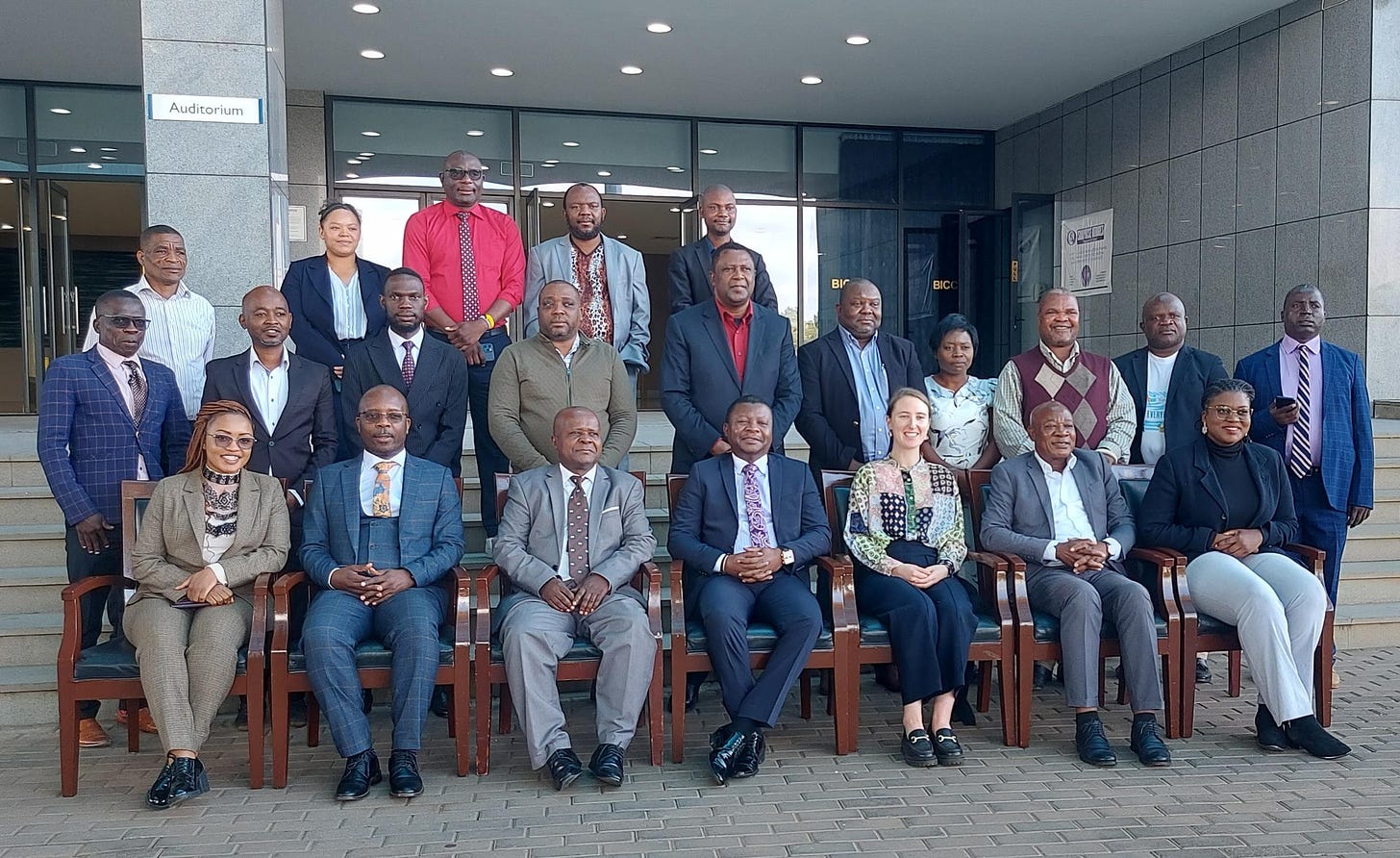Advocacy Group Calls for Climate Change Policy in Malawi Prisons
CHREAA recommends creating climate-resilient policy plans for prisons, noting that Malawi's current National Action Plan on Climate Change does not include prisons.

LILONGWE, Malawi — A human rights organization on Tuesday urged the Malawian government to develop a climate change policy for the country's prisons, citing vulnerabilities to disasters and extreme weather, writes Martin Kamlaike.
The Centre for Human Rights, Education, Advice, and Assistance (CHREAA) made the appeal during a consultative meeting in Lilongwe.
The organization presented findings from a rapid situation assessment of Malawi's main prisons, conducted in partnership with Liverpool John Moores University.
Ruth Kaima, CHREAA's Programmes and Education Manager, highlighted concerns about prison infrastructure and overcrowding.
"Our prisons were built way long back, so the infrastructure is really old, very dilapidated," Kaima said. She added that congestion makes prisons susceptible to heat waves, exacerbating skin diseases like scabies.
The study also found that prisoners lack access to early warning systems for disasters such as fires and floods, putting their lives at risk.
Clement Kainja, Commissioner of Prison Service for Administration and Finance, acknowledged the challenges.
"Actually, we face a lot of challenges when we have adverse weather situations, and our prisons are also affected," Kainja said.
"We need to have proper structures which should be able to be resilient enough to withstand these challenges that we are facing."
CHREAA recommends creating climate-resilient policy plans for prisons, noting that Malawi's current National Action Plan on Climate Change does not include prisons.
The organization also calls for increased resources and political will to address infrastructure issues.
The Malawi Prison Service reports that climate change has affected agricultural yields, impacting food stocks in prisons nationwide.


